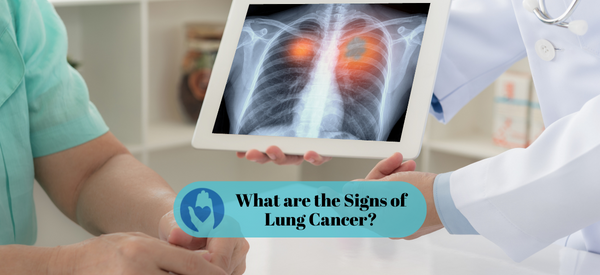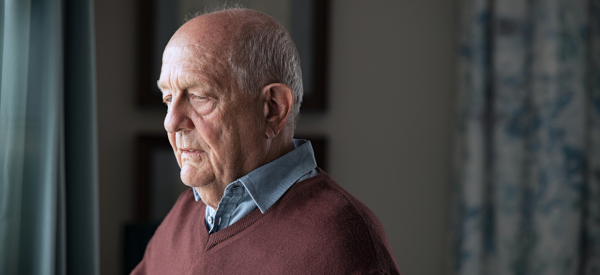Lung cancer is often overlooked because people think it’s only associated with smoking, but really it affects those who have never smoked as well. The leading cause of cancer deaths in the United States is lung cancer. During Lung Cancer Awareness month we stand together across the nation to fight lung cancer, encourage screening, and learn to recognize possible signs. It’s important to realize the impact that research and preventative services can do. The 5-year survival rate for those receiving a lung cancer diagnosis rose from 18 out of every 100 people to 55 out of every 100. Getting tested for lung cancer early is the key.
Detecting Lung Cancer
Detecting cancer early gives patients more treatment options and higher survival rates. It’s rare for symptoms to present in the early stages of cancer so detecting the signs of lung cancer does mean keeping an eye out for symptoms, but it also means evaluating your risk, and getting tested, maybe even regularly, with your doctor.
Risk Factors
Smoking puts you at risk for lung cancer, but that is far from the only risk factor. Many people who have never smoked have gotten lung cancer. Risk factors:
- Smoking
- Exposure to second-hand smoke
- Exposure to radon gas
- Exposure to asbestos
- Exposure to other carcinogens
- Air pollution
- Arsenic in drinking water
- Previous radiation to lungs
- Personal or family history of lung cancer
Detecting Symptoms
While symptoms don’t manifest until lung cancer has progressed past the early stages, it is still possible to keep an eye out for some symptoms that may go unnoticed but that could make the difference in early detection if caught. If you experience any of the following symptoms of lung cancer, please reach out to your doctor or certified caregiver to get screened for cancer:
- Persistent cough (especially if you are coughing up rust-colored sputum)
- Shortness of breath
- Hoarseness
- Chronic bronchitis
- Chest pain
- Unexplained weight loss
- Bone pain
Getting Screened for Lung Cancer
If your doctor recommends you get screened for lung cancer, there are several testing options currently available. Your doctor will recommend the best test for you, either a low dose CT Scan, a nasal swab, or a blood test. Ask your caretaker or friends and family if they’ve ever gotten screened for lung cancer or if there’s a family history. Start this conversation and take steps to getting screened if you think you might be at risk. Remember that catching lung cancer early makes a significant difference.




